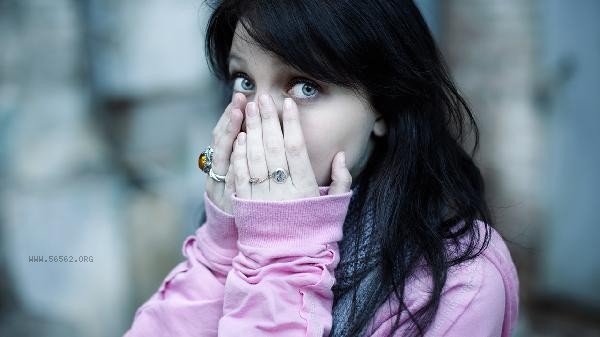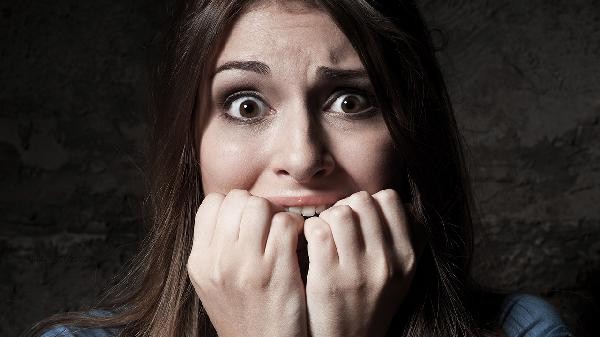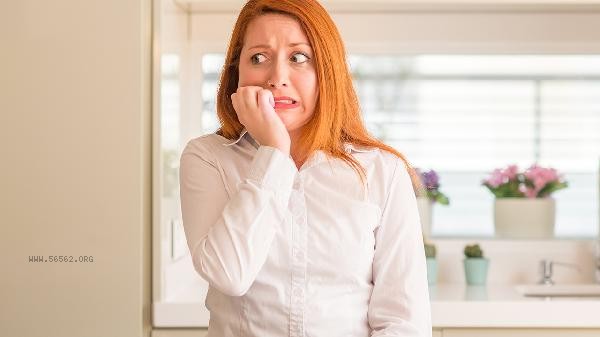Social anxiety disorder can be significantly improved through systematic treatment, but complete cure varies among individuals. The main intervention methods include cognitive-behavioral therapy, medication assisted therapy, exposure training, group psychological counseling, mindfulness based stress reduction training, etc.

1. Cognitive Behavioral Therapy
Cognitive behavioral therapy is the core treatment for social anxiety disorder, which involves correcting patients' catastrophic cognition of social scenes and rebuilding social confidence through progressive behavioral training. The typical treatment cycle lasts for several months, with a focus on improving thinking patterns such as excessive attention to others' evaluations and preset negative outcomes. In the later stage of treatment, desensitization training will simulate real social scenarios, and about half of the patients can experience long-term relief of symptoms after standardized treatment.
2. Medication assisted therapy
Antidepressants such as paroxetine and sertraline can alleviate the physiological anxiety response of social anxiety disorder, while escitalopram has a significant effect on accompanying physical symptoms. Medication should be used in conjunction with psychotherapy, and maintaining treatment after taking effect can prevent recurrence. It should be noted that some patients may experience recurrent symptoms after discontinuing medication. It is recommended to gradually adjust the medication plan under the guidance of a doctor.
3. Exposure Training
Graded Exposure Therapy involves gradually adapting to low stress social situations by creating a list of fear levels. In the initial stage, role-playing or video recording exercises can be conducted first, and later transition to real social interaction. This method can effectively reduce avoidance behavior towards specific scenarios, but requires therapist guidance to avoid exacerbating symptoms caused by excessive stimulation.

4. Group Psychological Counseling
Structured group therapy provides a safe social practice environment, where members improve their social skills through observation, learning, feedback, and sharing. The form of mutual aid groups is particularly suitable for patients with social skills deficiencies, and a 12-16 week closed group intervention has a significant effect on improving social self-efficacy.
5. Mindfulness Stress Reduction Training
Mindfulness meditation combined with breath relaxation techniques can reduce the level of physical arousal during social anxiety. Daily practice helps cultivate awareness and acceptance of anxiety emotions, reducing secondary fears caused by fear of tension. Long term persistence can change the brain's overreaction pattern to threatening stimuli. The rehabilitation of social anxiety disorder requires multidimensional intervention and long-term persistence. It is recommended to establish a support team that includes psychological counselors and psychiatrists. Regular exercise can be used in daily life to regulate neurotransmitter balance, and a diet rich in omega-3 fatty acids can be supplemented in moderation. To avoid false social adaptation caused by the abuse of alcohol and other substances, focus on cultivating genuine social skills rather than symptom masking. When symptoms recur, seek professional help in a timely manner, and early standardized treatment can achieve better prognosis.





Comments (0)
Leave a Comment
No comments yet
Be the first to share your thoughts!